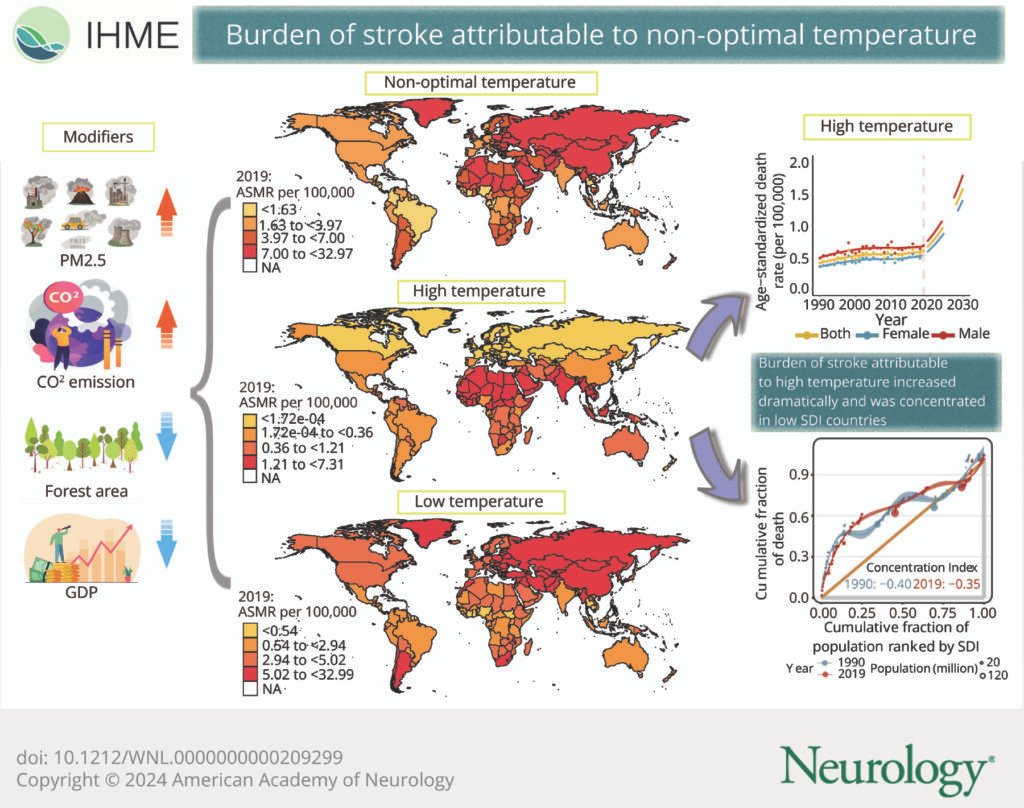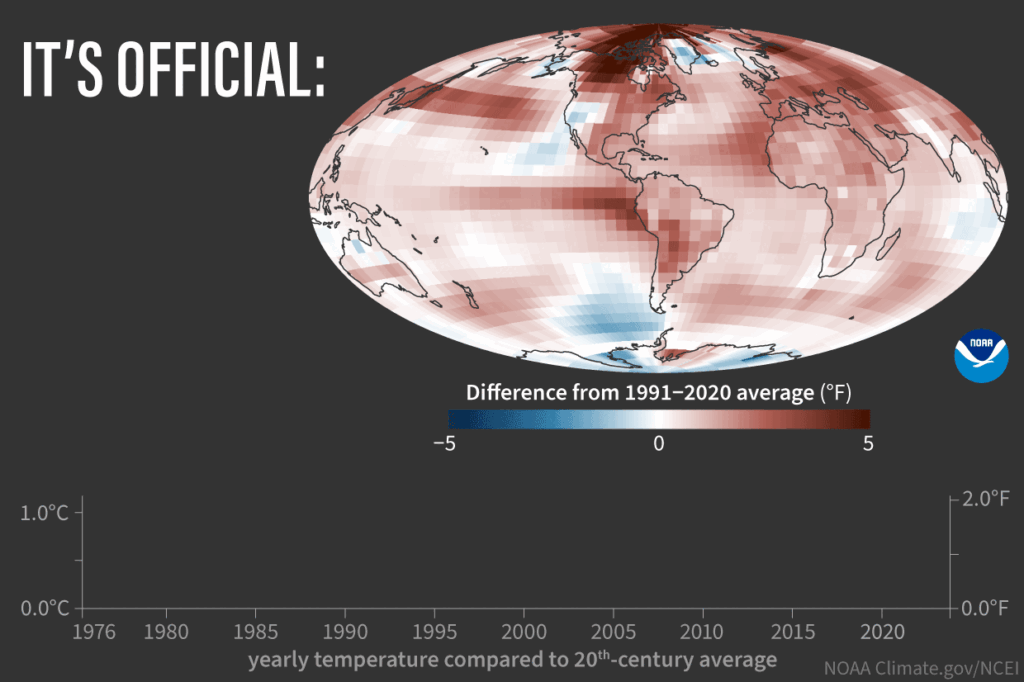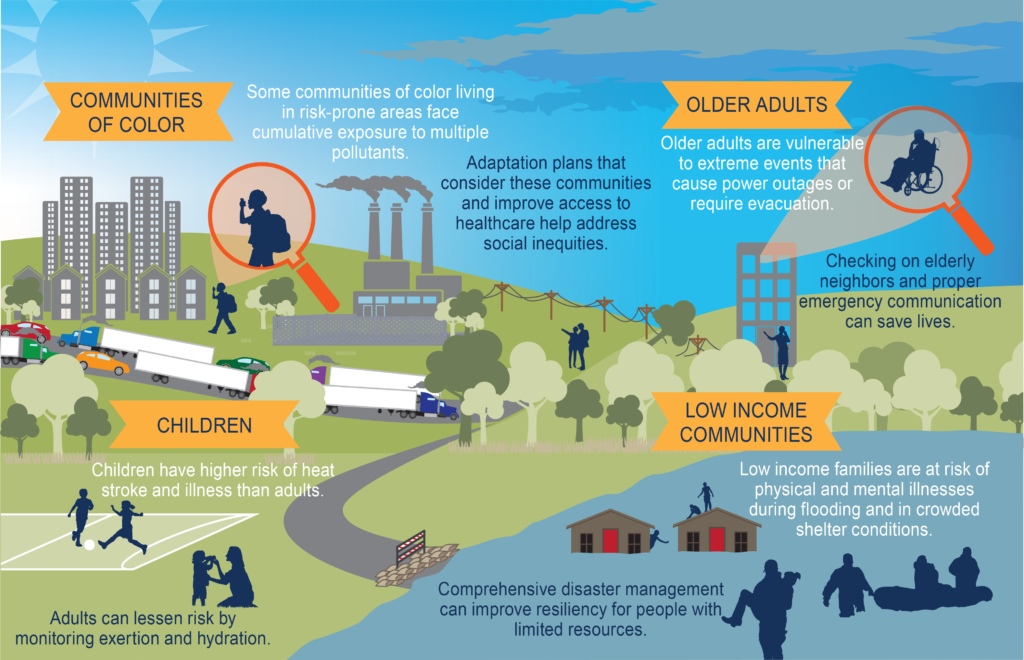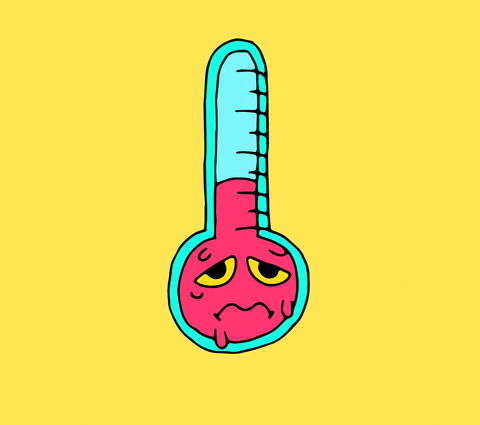A new study paints a concerning picture: stroke deaths and disabilities linked to extreme temperatures have ballooned since 1990. While not definitive proof of climate change’s role, it’s the first large-scale global study on the issue.

The numbers are stark. Over 500,000 stroke deaths in 2019 were linked to “non-ideal” temperatures – those outside the range associated with the lowest stroke risk. Though men were slightly more affected, all age groups were susceptible.
The temperature-stroke link is complex. Cold can constrict blood vessels, spiking blood pressure – a major stroke risk factor. This explains why, in 2019, most strokes (over 474,000) were linked to cold weather. A disrupted polar vortex, caused by rising temperatures, may be pushing frigid air further south.

However, the study highlights a worrying trend: strokes linked to high temperatures are rising rapidly. With March 2024 being the hottest on record (the tenth month in a row!), this trend is likely to worsen. A disproportionate number of these deaths occurred in Africa, while Central Asia had the highest death rate (18 per 100,000).

Limitations exist. Aging populations play a role, and data restrictions prevented factoring in known risk factors like blood pressure and cholesterol. Yet, the link between extreme temperatures and strokes seems logical: our bodies struggle to adapt to such extremes. While further research is needed, this study raises a red flag
Reference- Journal Neurology, Futurism, Xiangya Hospital Central South University in China, Centers for Disease Control and Prevention,






